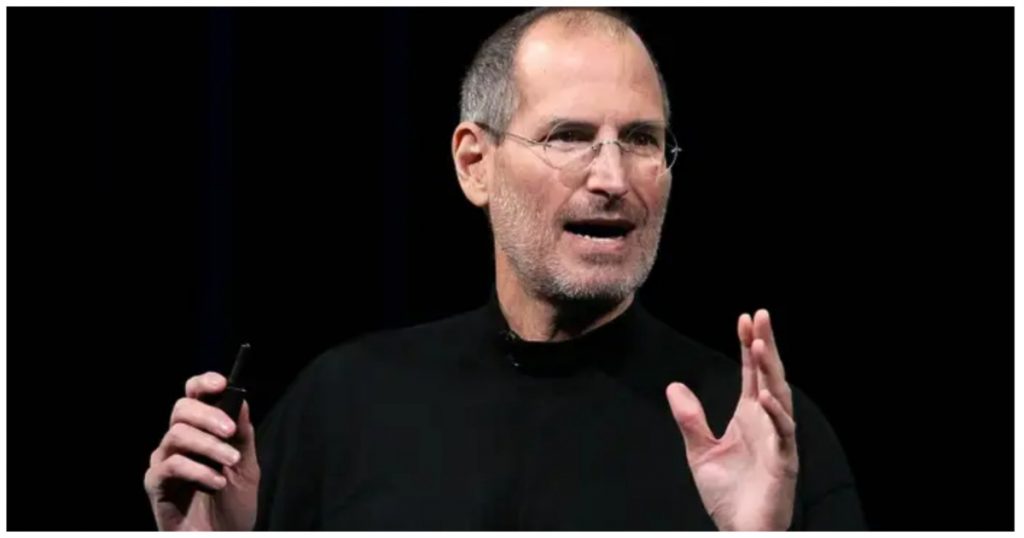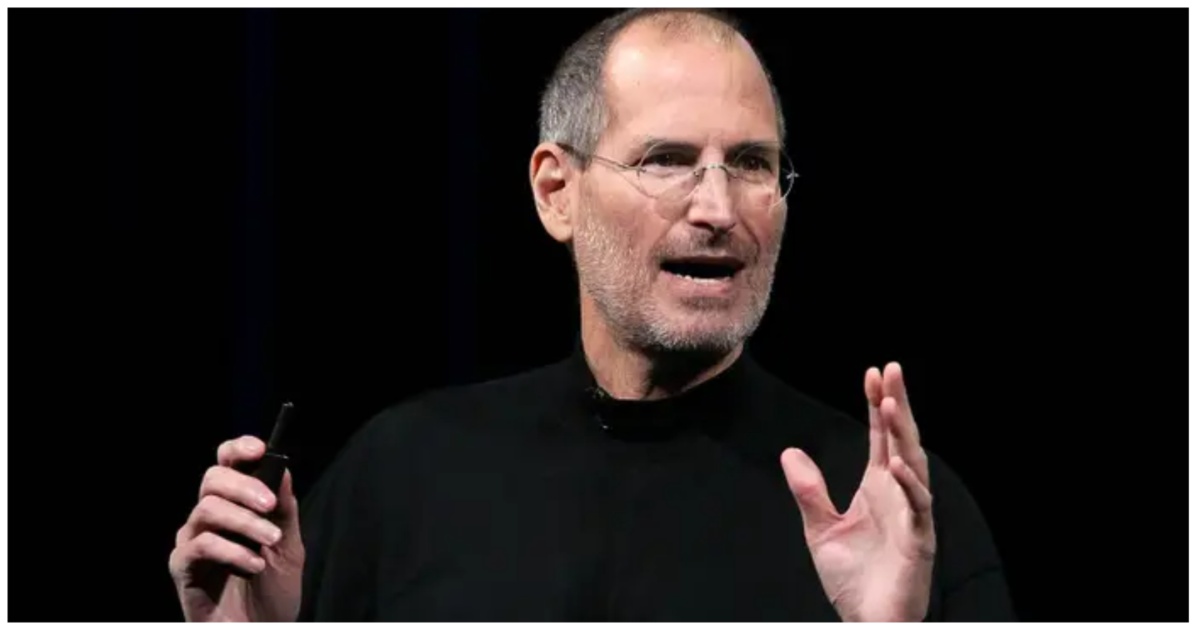Steve Jobs died at the age of just 56, and even a few years before his death, he viewed the subject with dispassion — and even found the idea of death to be a useful tool.
Steve Jobs had discussed the transformative power of death in his 2005 Stanford Commencement Address. “When I was 17, I read a quote that went something like: “If you live each day as if it was your last, someday you’ll most certainly be right,” Jobs told the graduating students. “It made an impression on me, and since then, for the past 33 years, I have looked in the mirror every morning and asked myself: “If today were the last day of my life, would I want to do what I am about to do today?” And whenever the answer has been “No” for too many days in a row, I know I need to change something,” he said.

“Remembering that I’ll be dead soon is the most important tool I’ve ever encountered to help me make the big choices in life,” Jobs said. “Because almost everything — all external expectations, all pride, all fear of embarrassment or failure — these things just fall away in the face of death, leaving only what is truly important. Remembering that you are going to die is the best way I know to avoid the trap of thinking you have something to lose. You are already naked. There is no reason not to follow your heart,” he added.
At this point, Jobs had already been diagnosed with cancer, but he’d had surgery to cure it. His close brush with death appeared to have made him reflect on death a bit more, and even use it to his own ends. “Your time is limited, so don’t waste it living someone else’s life. Don’t be trapped by dogma — which is living with the results of other people’s thinking. Don’t let the noise of others’ opinions drown out your own inner voice. And most important, have the courage to follow your heart and intuition. They somehow already know what you truly want to become. Everything else is secondary,” he had told graduating students.
